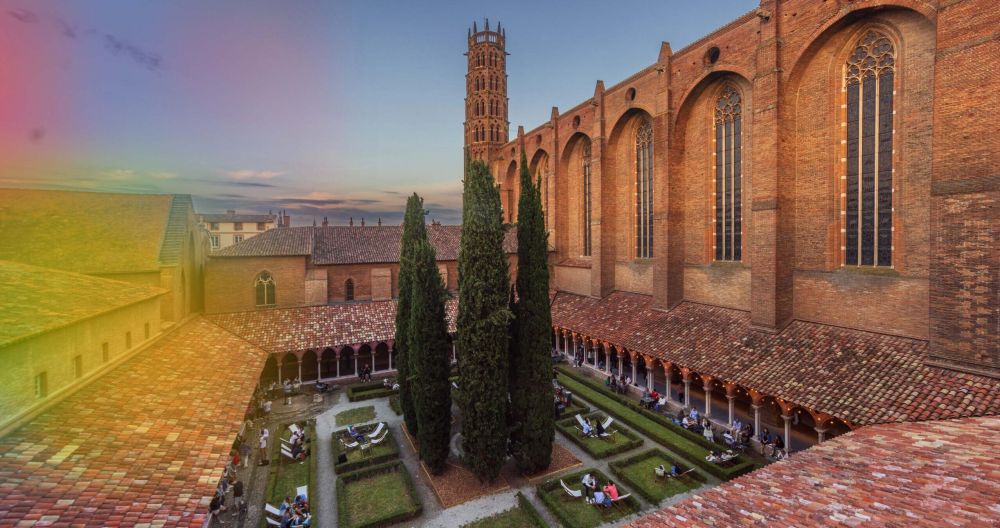

The Couvent des Jacobins in Toulouse, France, is a historic monument that stands as a testament to the city's rich medieval past. This former Dominican convent, with its remarkable architecture and art, has been attracting visitors for centuries.
Founded in the 13th century, the Couvent des Jacobins became an important center for the Dominican Order in Toulouse. The convent quickly became synonymous with theological education and the spread of Christianity throughout the region. During this era, the monument was not a tourist attraction but a place of religious significance and education.
The arrival of the French Revolution saw many changes to religious institutions, and the Couvent des Jacobins was no exception. The convent was seized, its religious artifacts were scattered, and the building was repurposed for a variety of secular uses. It wasn't until the 19th century that the French government recognized the historical and cultural importance of the site, initiating restoration projects that slowly began to attract visitors interested in France's gothic architecture and history.
In the 20th century, as travel became more accessible, the Couvent des Jacobins gained popularity as a tourist destination. Visitors were drawn to its rich history, its magnificent gothic architecture, particularly the Church of the Jacobins with its palm tree-shaped columns, and the relics of Saint Thomas Aquinas, housed in the convent.
Today, the Couvent des Jacobins is noted for playing a significant role in the cultural and tourism landscape of Toulouse. The advent of cultural tourism has seen an increase in visitors who are eager to explore heritage sites and experience the local history and traditions. The convent is often included in walking tours of the city, and it is a favored venue for concerts, exhibitions, and conferences, which add to its attractiveness as a vibrant cultural hub.
The latest trend in tourism at the Couvent des Jacobins involves embracing technology to enhance the visitor experience. Interactive guides, virtual reality installations, and multimedia presentations allow tourists to deeply engage with the site's history and art. These innovative approaches cater to a new generation of tech-savvy travelers and highlight the convent's ongoing relevance both as a historical site and a modern cultural venue.
With growing awareness of the need for sustainable practices, the administration of the Couvent des Jacobins has implemented measures to ensure that tourism does not negatively impact the site. Efforts are made to preserve the integrity of the historic structure while promoting responsible tourism that encourages visitors to engage respectfully with the site's heritage.
From its origins as a religious institution to its current status as a site of historical and cultural significance, the Couvent des Jacobins in Toulouse delivers a unique glimpse into the past while continuing to reinvent its role in the present. As tourism trends evolve, the Couvent des Jacobins remains a beloved and enduring symbol of Toulouse's historical grandeur and cultural richness.